On September 20-22, 2023, in Hai Phong, a workshop was held to provide information to the press on solutions to prevent non-communicable diseases in 2023, organized by the Ministry of Information and Communications in coordination with the Tobacco Harm Prevention Fund (Ministry of Health), the World Health Organization (WHO), and Healthbridge Canada in Vietnam.
At the workshop, health experts and policy makers issued warnings about the harmful effects of smoking, passive smoking, and sugary drinks.
Consuming a lot of sugary drinks creates a burden for individuals and society.
Beverages containing free sugars include carbonated or non-carbonated beverages, fruit/vegetable juices and infusions, liquid or powdered concentrates, flavored waters, energy and sports drinks, ready-to-drink teas, ready-to-drink coffees, and flavored milks.

According to WHO, the health burden from sugar-sweetened beverage consumption is increasing. There is strong evidence linking sugar consumption to the global increase in overweight and obesity, increased risk of dental caries, type 2 diabetes, increased risk of heart disease, stroke, other metabolic disorders, and some cancers.
This causes a burden on individuals and society by increasing health care costs, reducing labor productivity due to illness and disability, and affecting the quality of life of each individual.
Sugary drinks are increasingly popular today. According to WHO recommendations, free sugars should account for no more than 10% of a person's diet and should be reduced to less than 5% of daily energy intake to achieve additional health benefits equivalent to less than 25-50 grams of free sugars per day for adults and less than 12-25 grams per day for children.
Apply excise tax to reduce consumption of sugary drinks
In May 2022, about 60 countries around the world adopted policies to restrict the marketing of food and non-alcoholic beverages to children, especially in the Americas and Europe.
Twenty of these countries have mandatory marketing restriction policies and another 18 have mandatory policies in school settings.
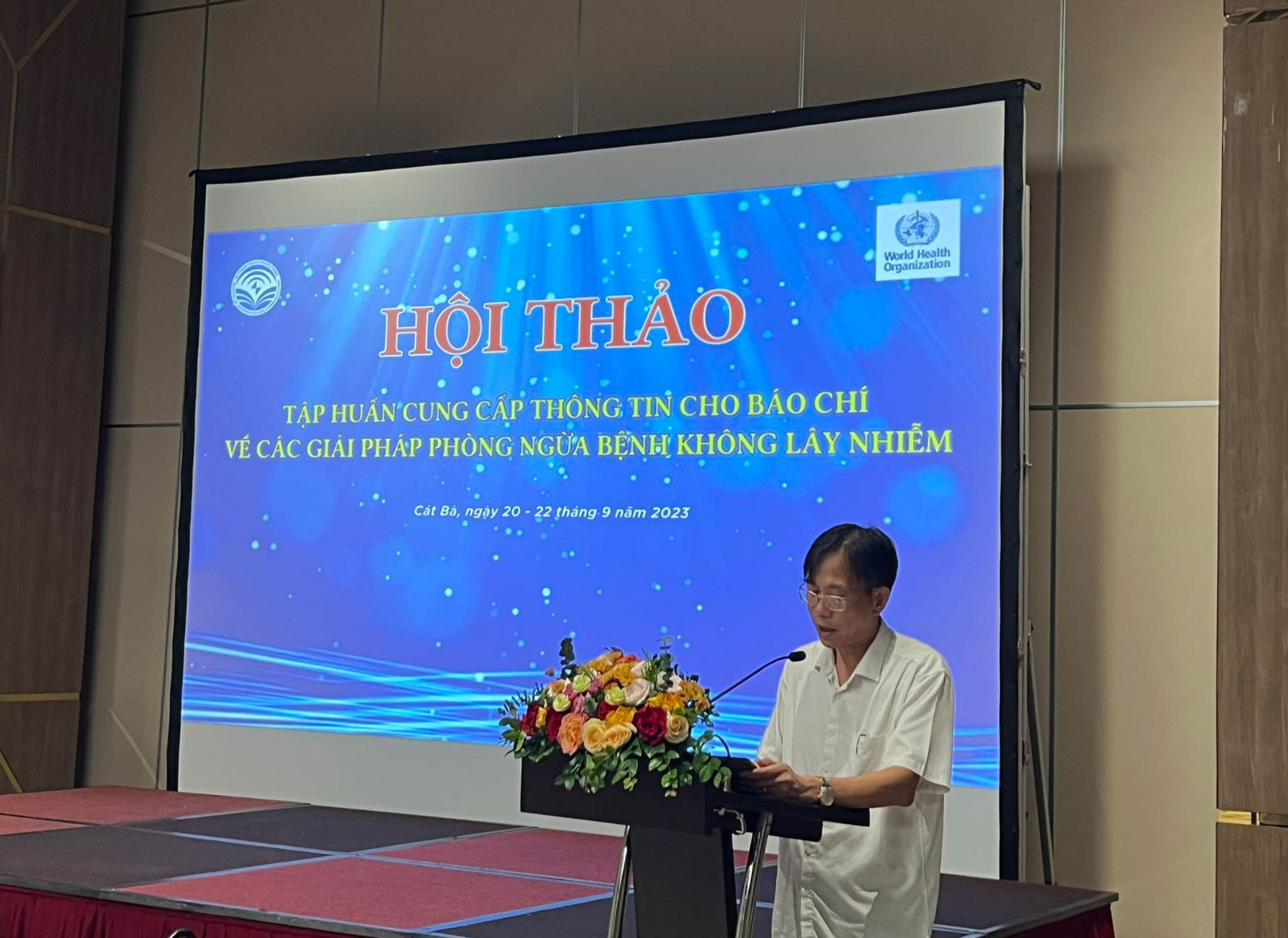
Some policies restrict product marketing based on nutrient content, focusing on a specific product such as energy drinks, sugary drinks.
Policies to reduce sugary drink consumption include: Restricting advertising of sugary drinks to children and adolescents, imposing excise taxes on sugary drinks, and media education.
One of the recommended measures is to impose excise tax on sugary drinks to limit consumption due to higher prices. Taxing sugary drinks is necessary to regulate consumer behavior, thereby minimizing the harmful effects of sugary drinks.
WHO has officially recommended to governments to take many actions to encourage people to access healthy foods through measures to tax sugary drinks to guide consumption. Limit sugary drinks with the aim of reducing the risk of overweight, obesity, cardiovascular disease, tooth decay, and reducing health burden.
Anh Thu

Source








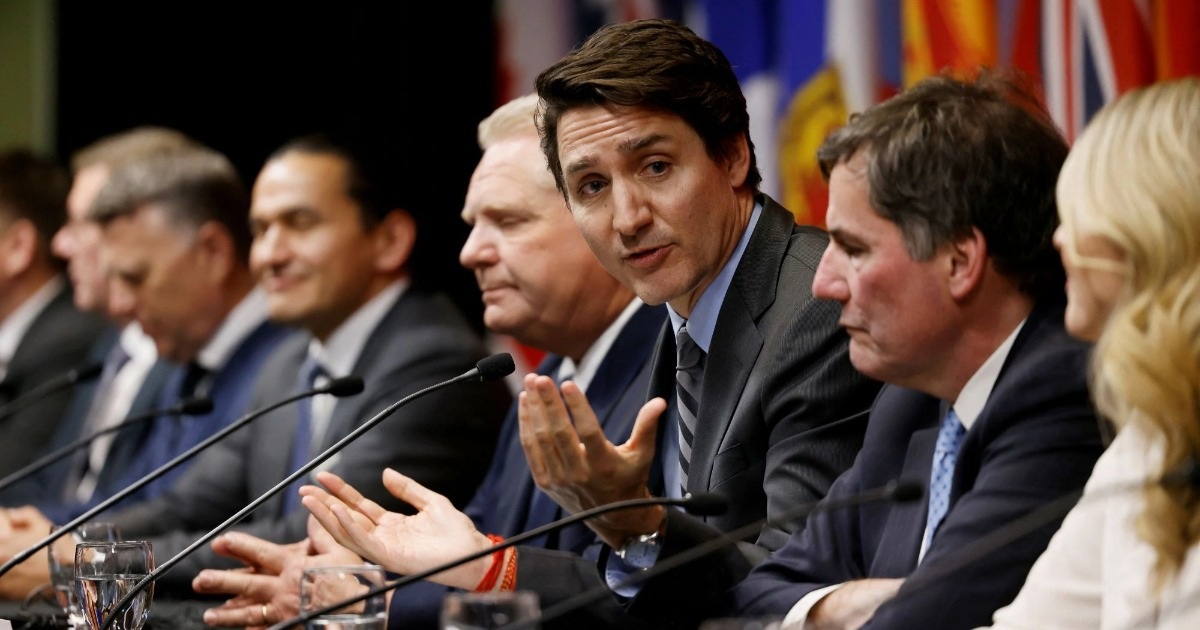

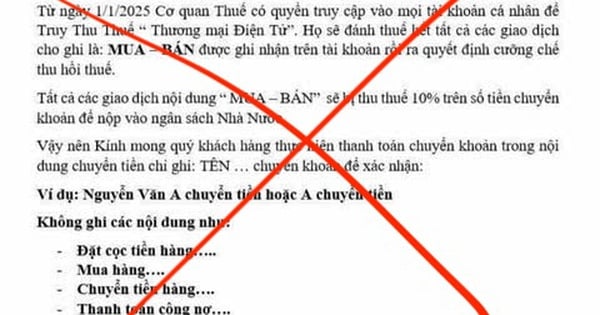



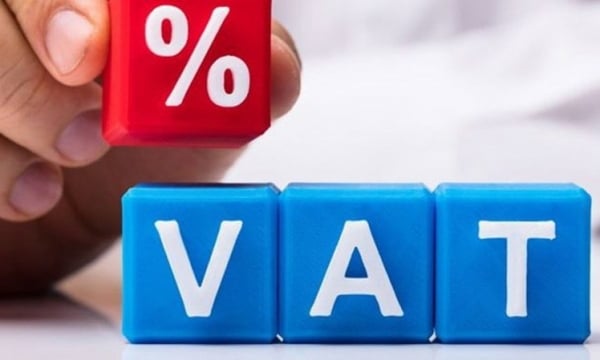


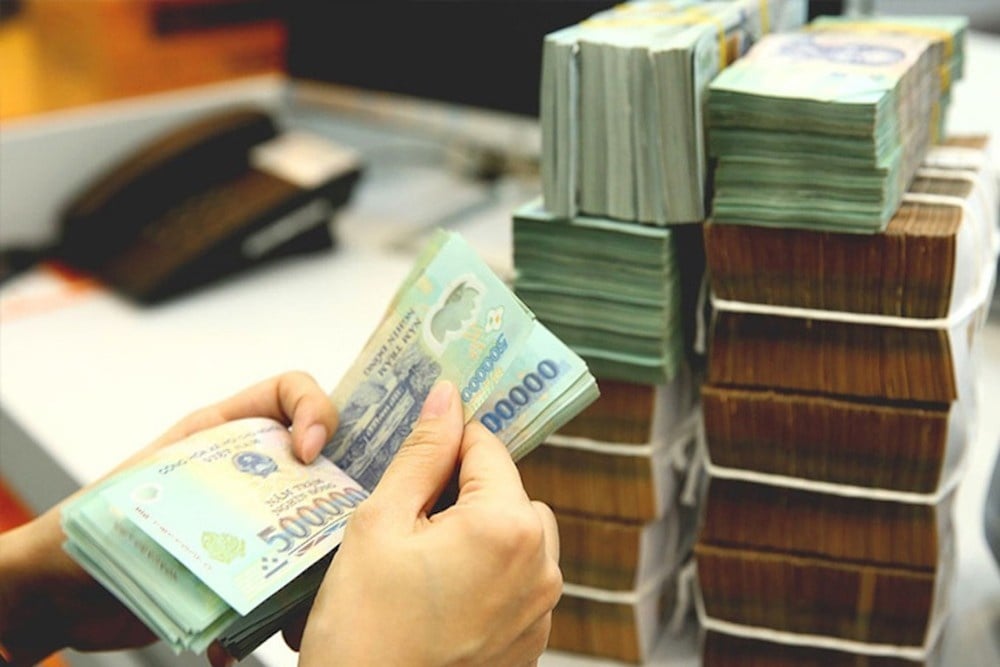



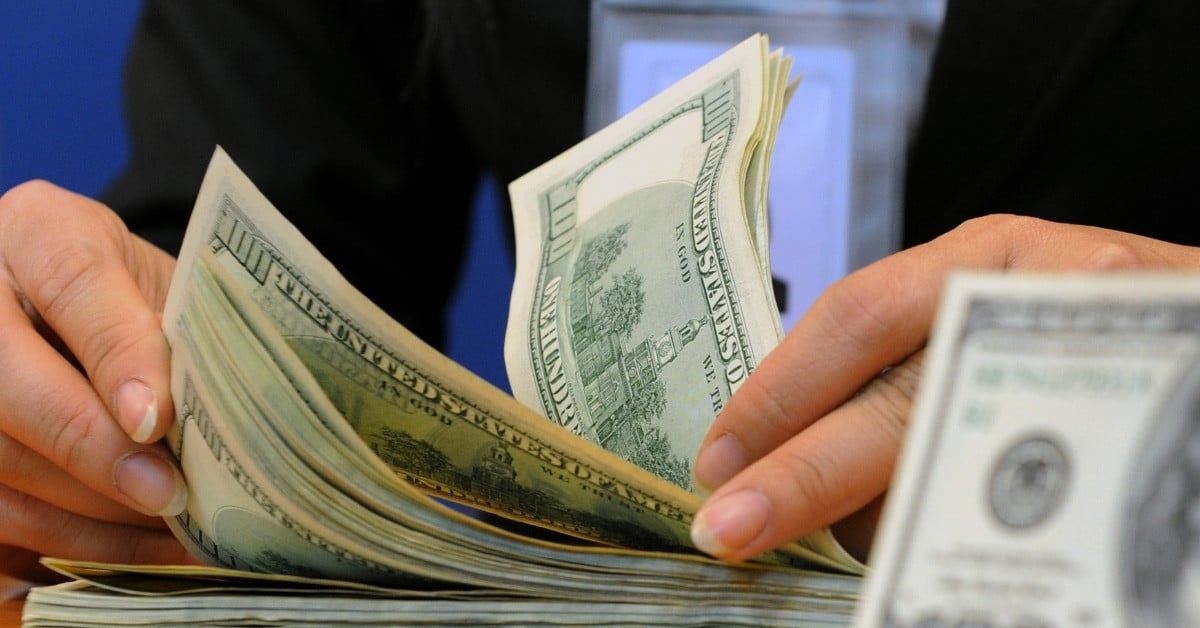






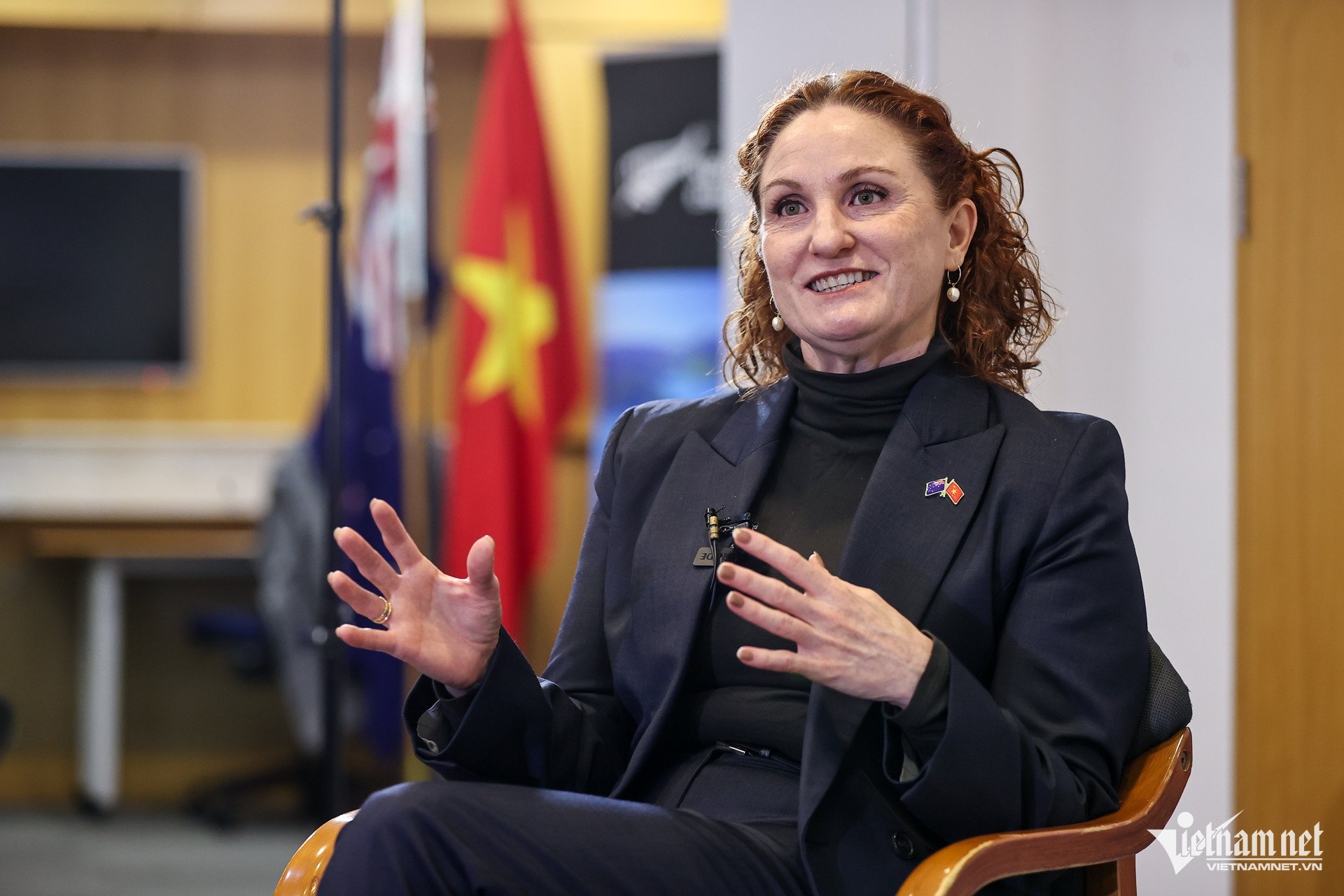










![[Photo] Prime Minister Pham Minh Chinh chairs Government Conference with localities on economic growth](https://vstatic.vietnam.vn/vietnam/resource/IMAGE/2025/2/21/f34583484f2643a2a2b72168a0d64baa)



























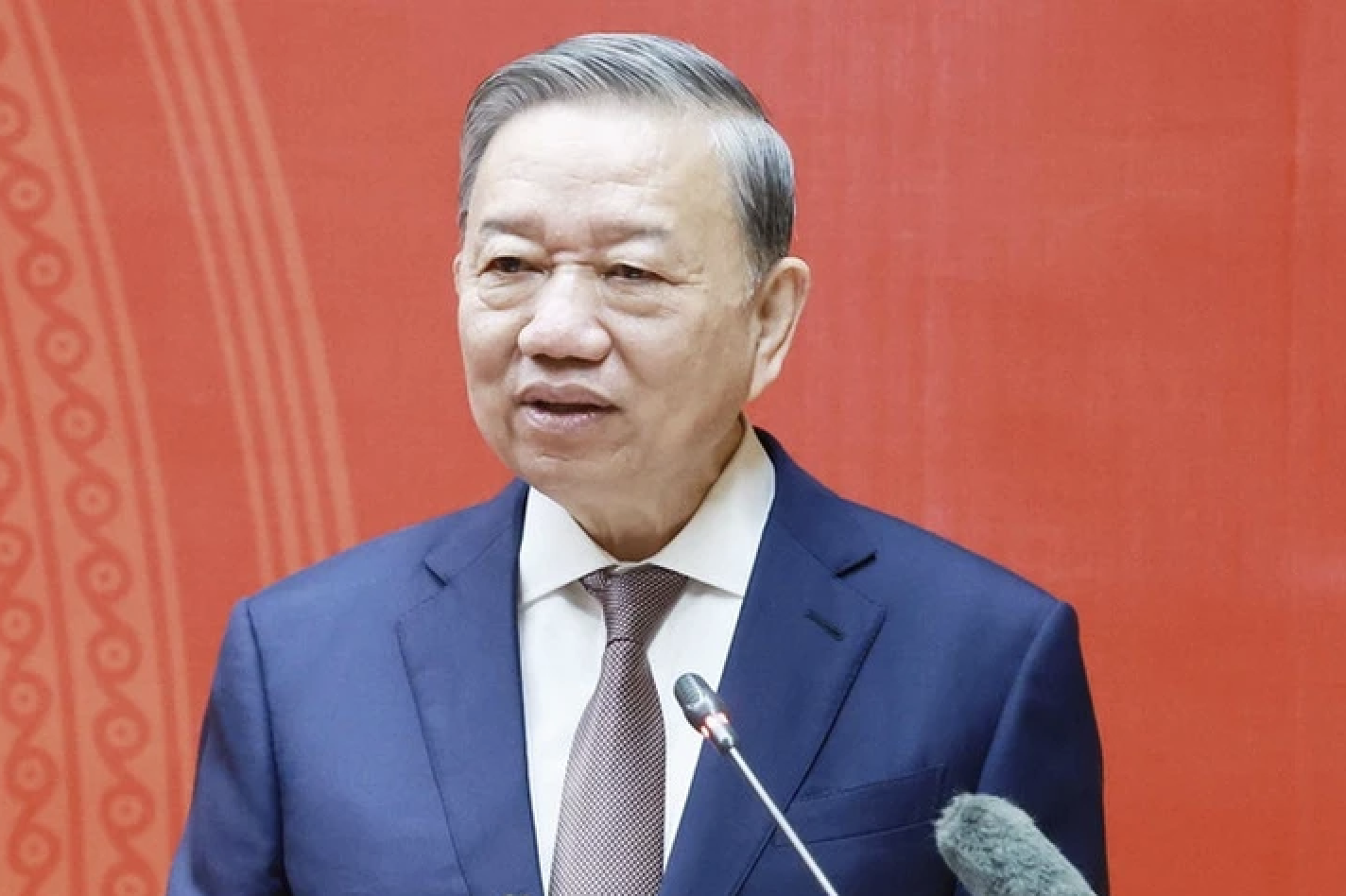
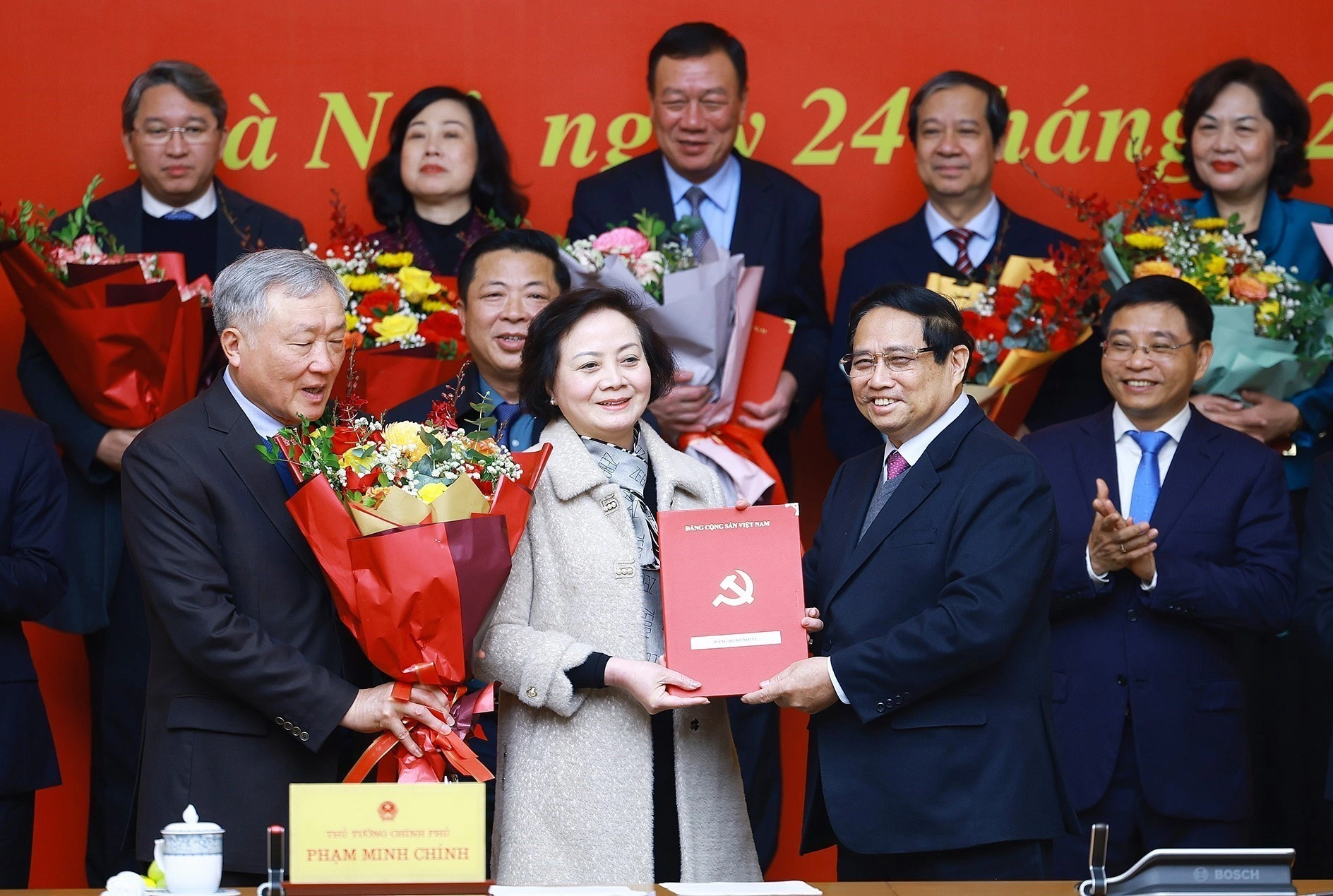
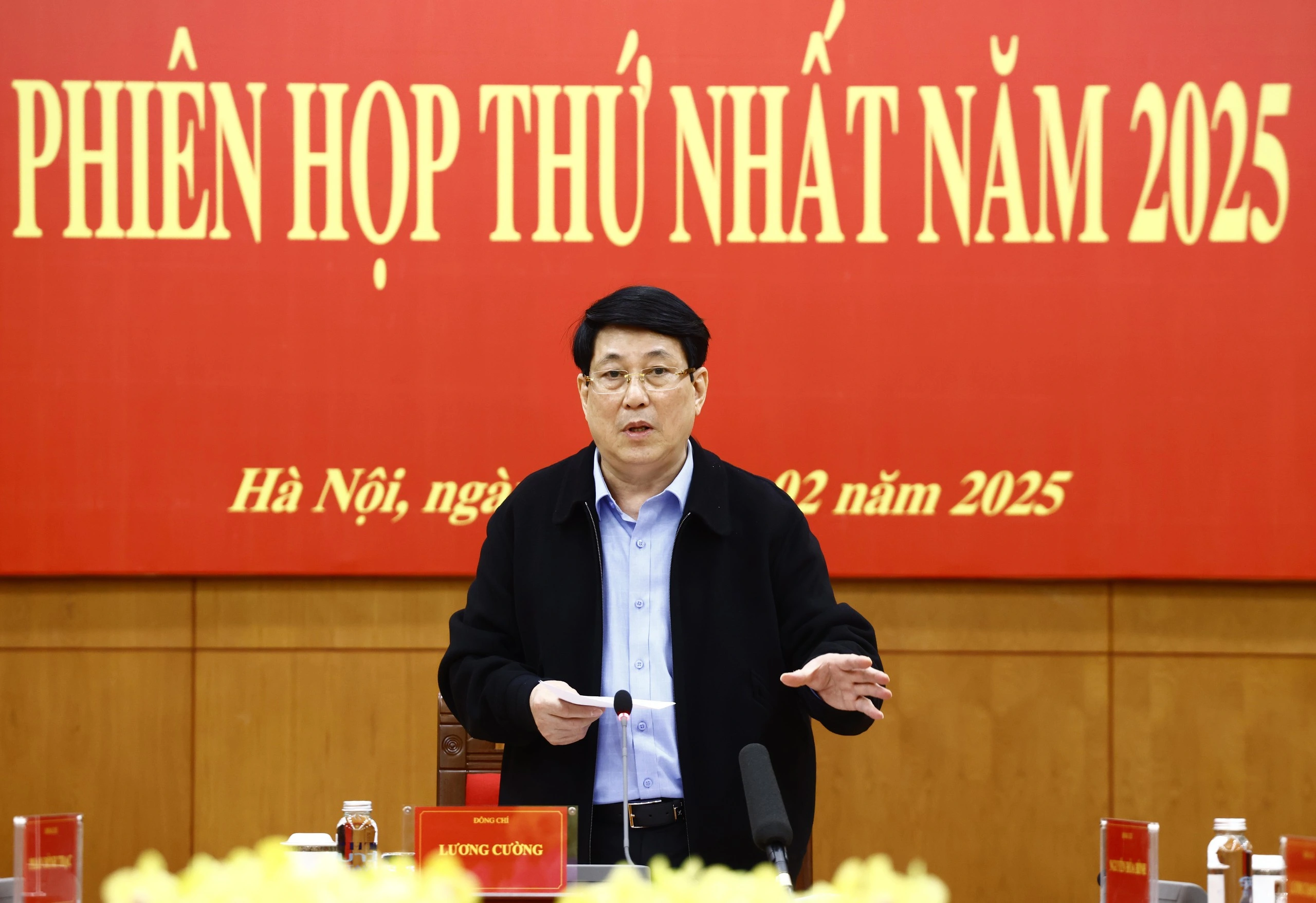





















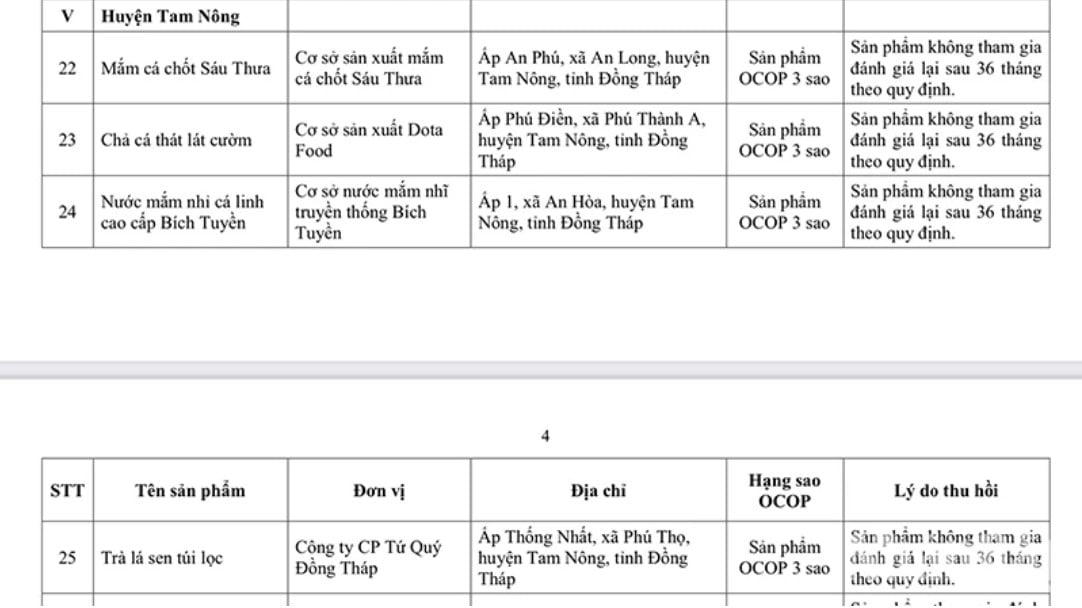


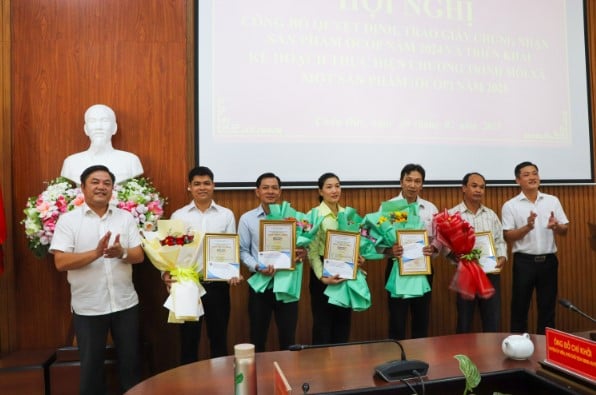

Comment (0)